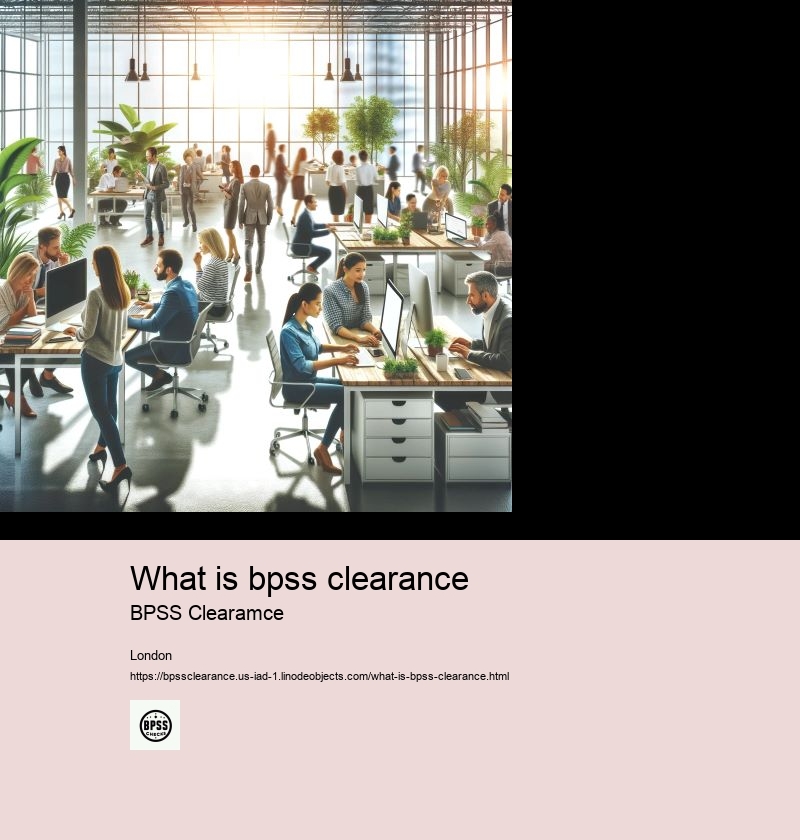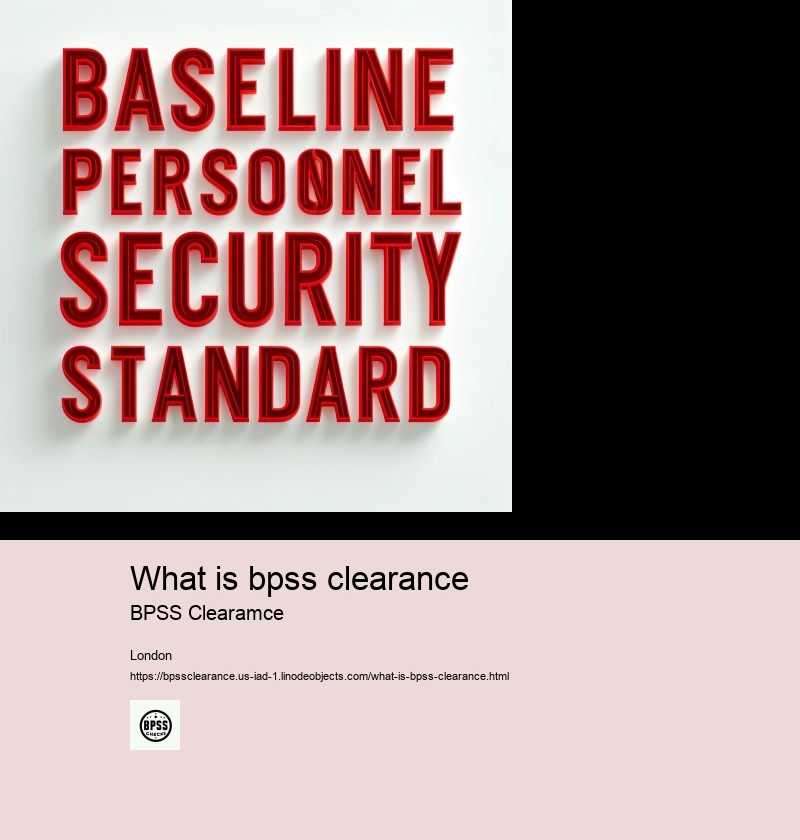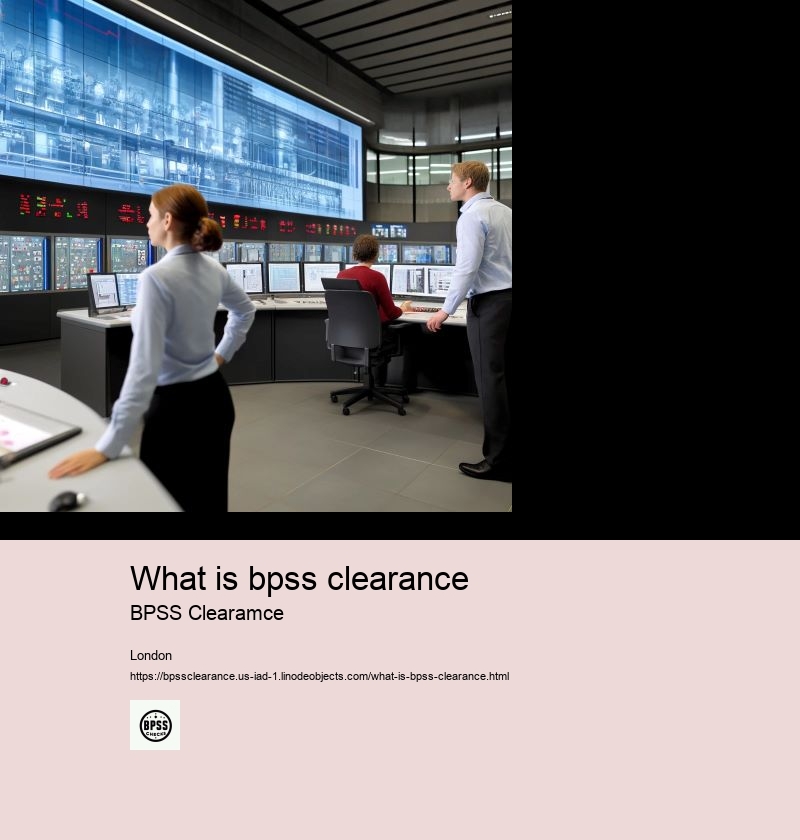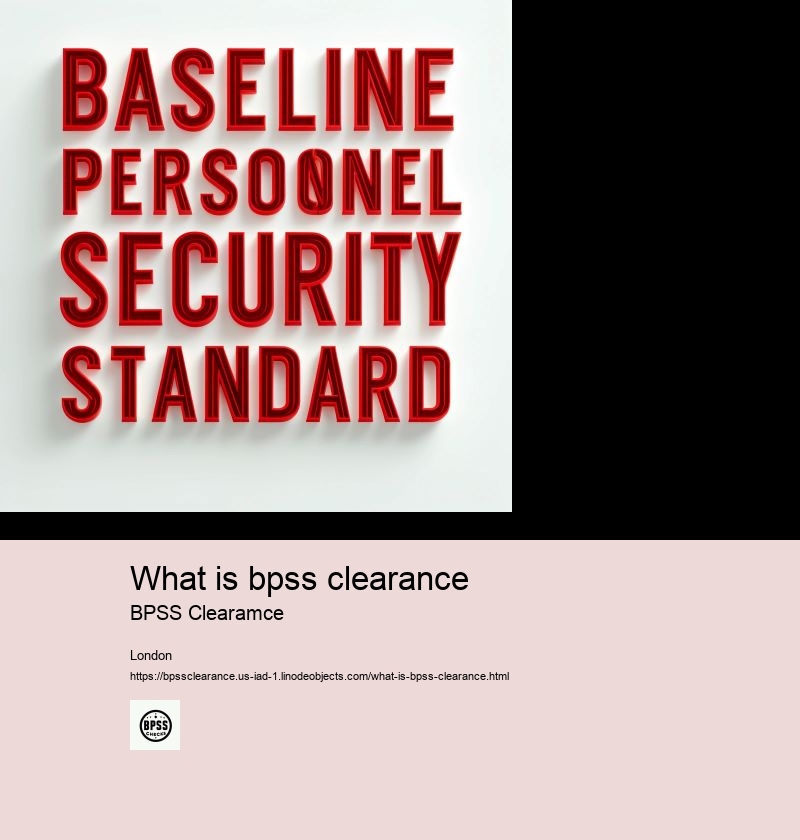what is bpss clearance
Safeguarding measures
In these sectors, verifying the eligibility and trustworthiness of individuals handling government-related tasks is essential. By mandating BPSS checks for these specific roles and sectors, organizations can maintain secure environments, prevent unauthorized access to data, and enhance trust in their recruitment processes.
Continuous monitoring and updating of BPSS clearance are recommended for roles that involve ongoing security concerns. This proactive approach ensures that any changes in an employee's background that could affect their security status are promptly addressed, maintaining the integrity of sensitive environments and protecting national interests.
The scope and depth of the checks under these two standards vary significantly. BPSS checks serve as a preliminary screen to establish a baseline of trust and integrity, typically including right to work verification, criminal record checks, verification of identity, and an employment history check. BS7858:2019 checks are more comprehensive and detailed, encompassing all elements of BPSS but also including financial background checks, character references, and sometimes even deeper analysis of an individual's background and associations.



